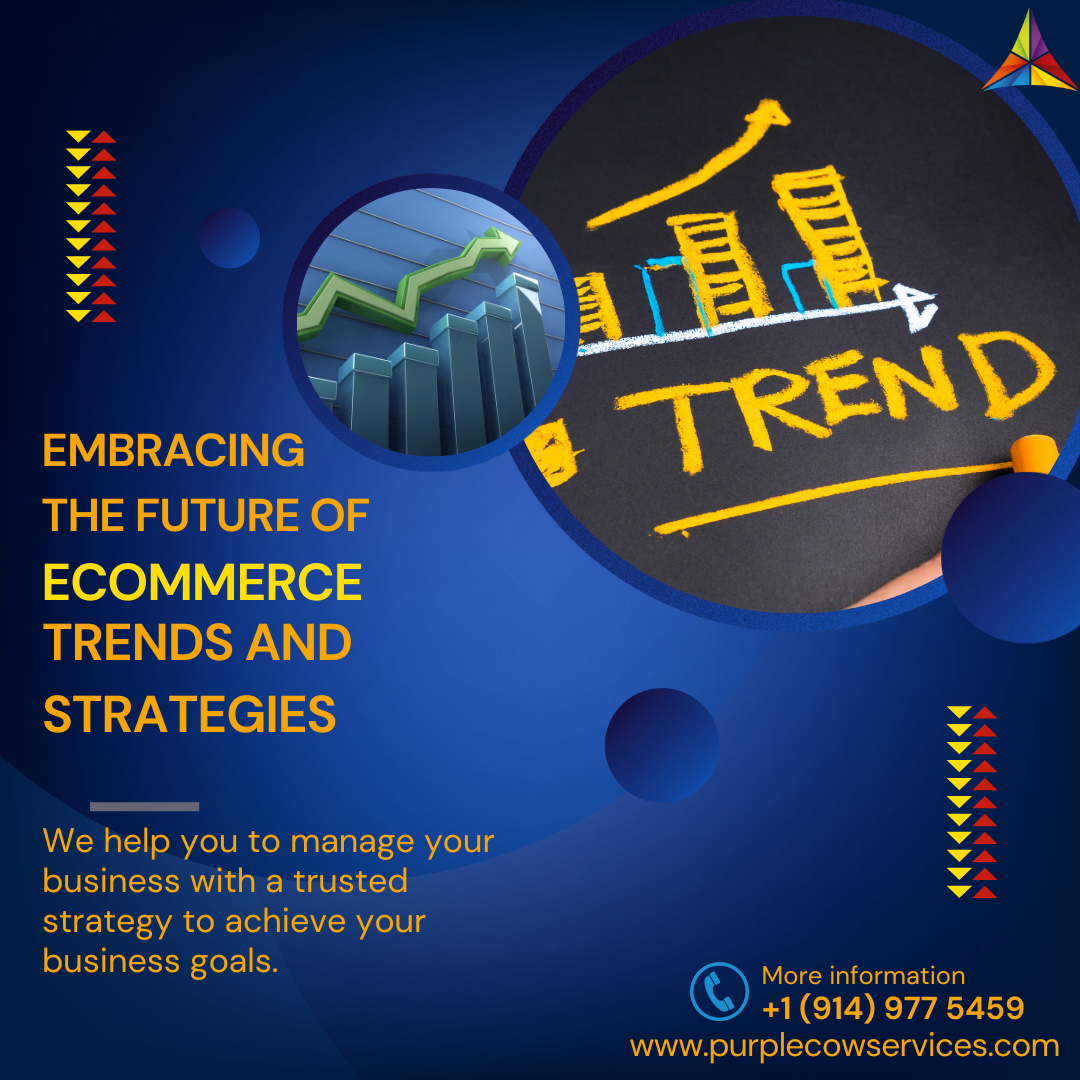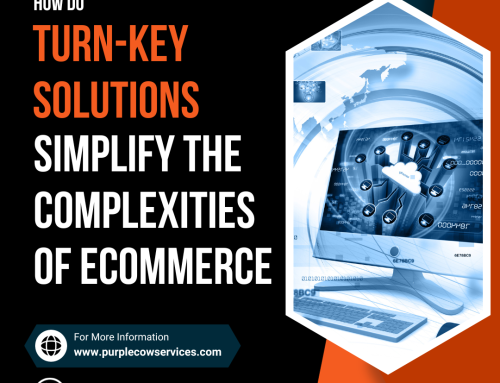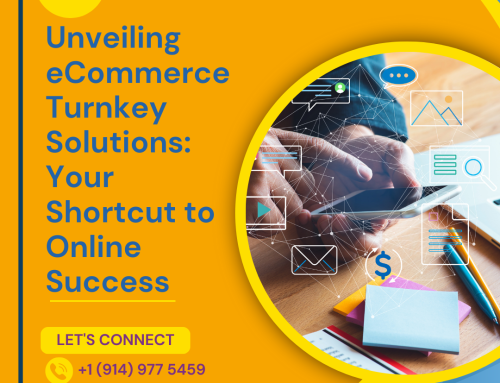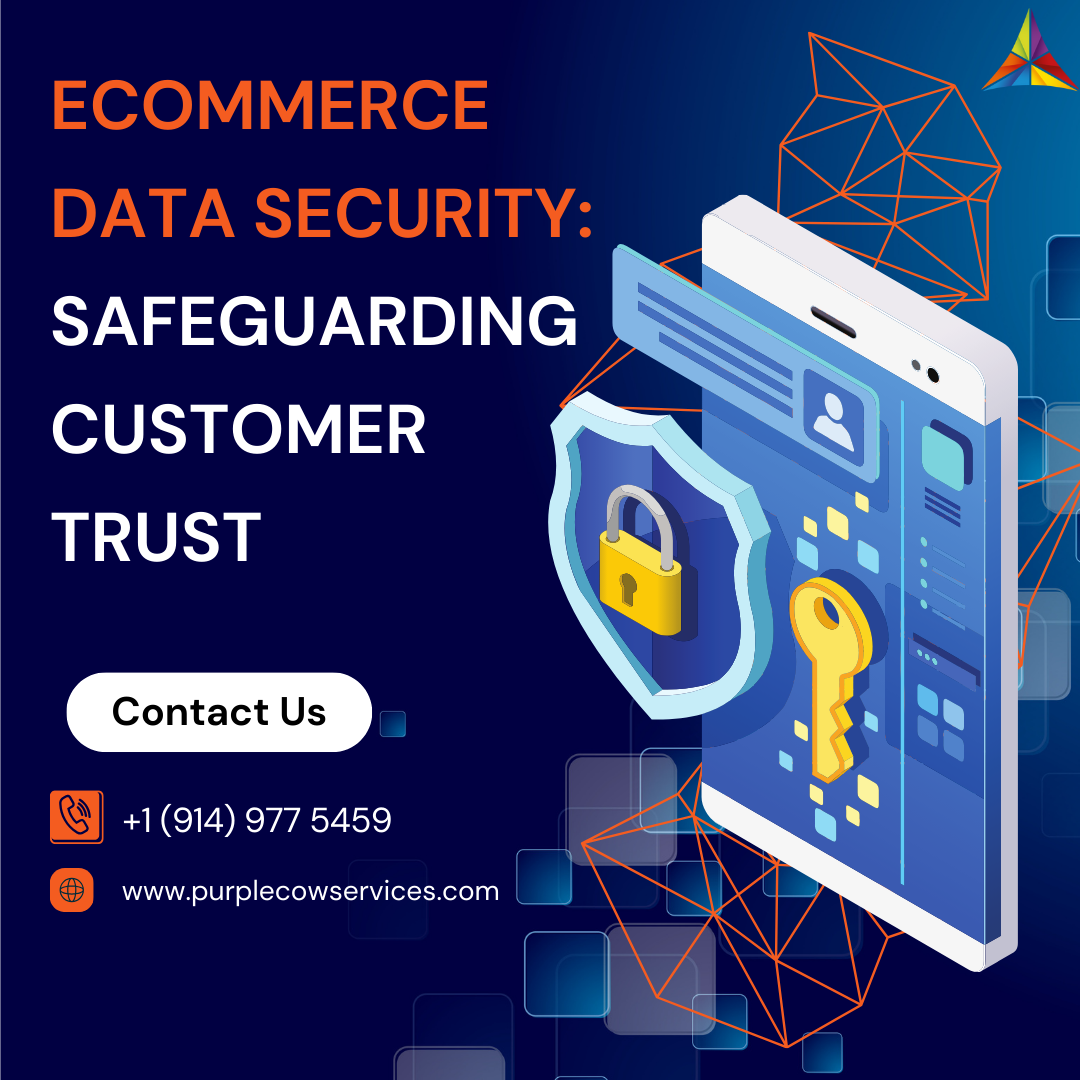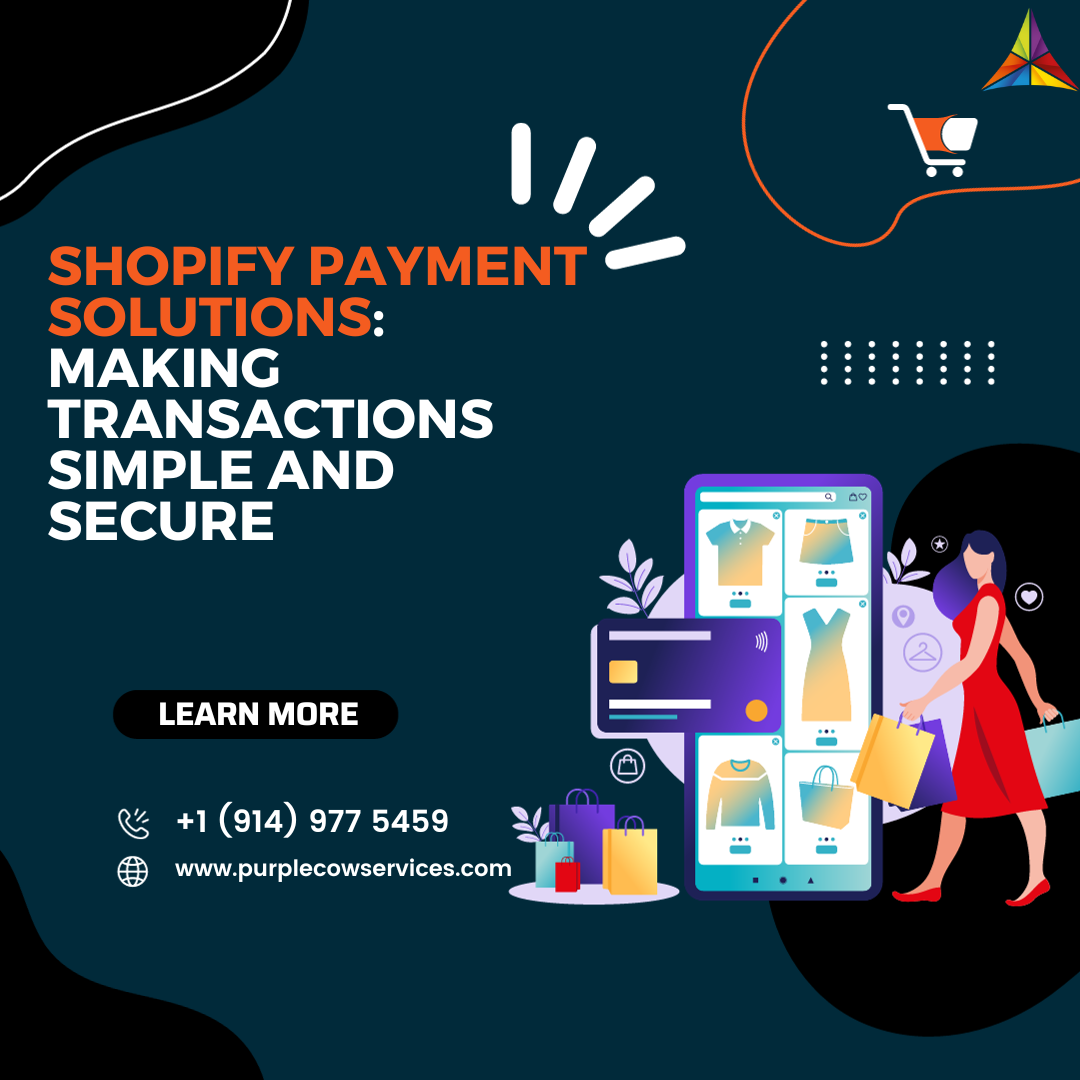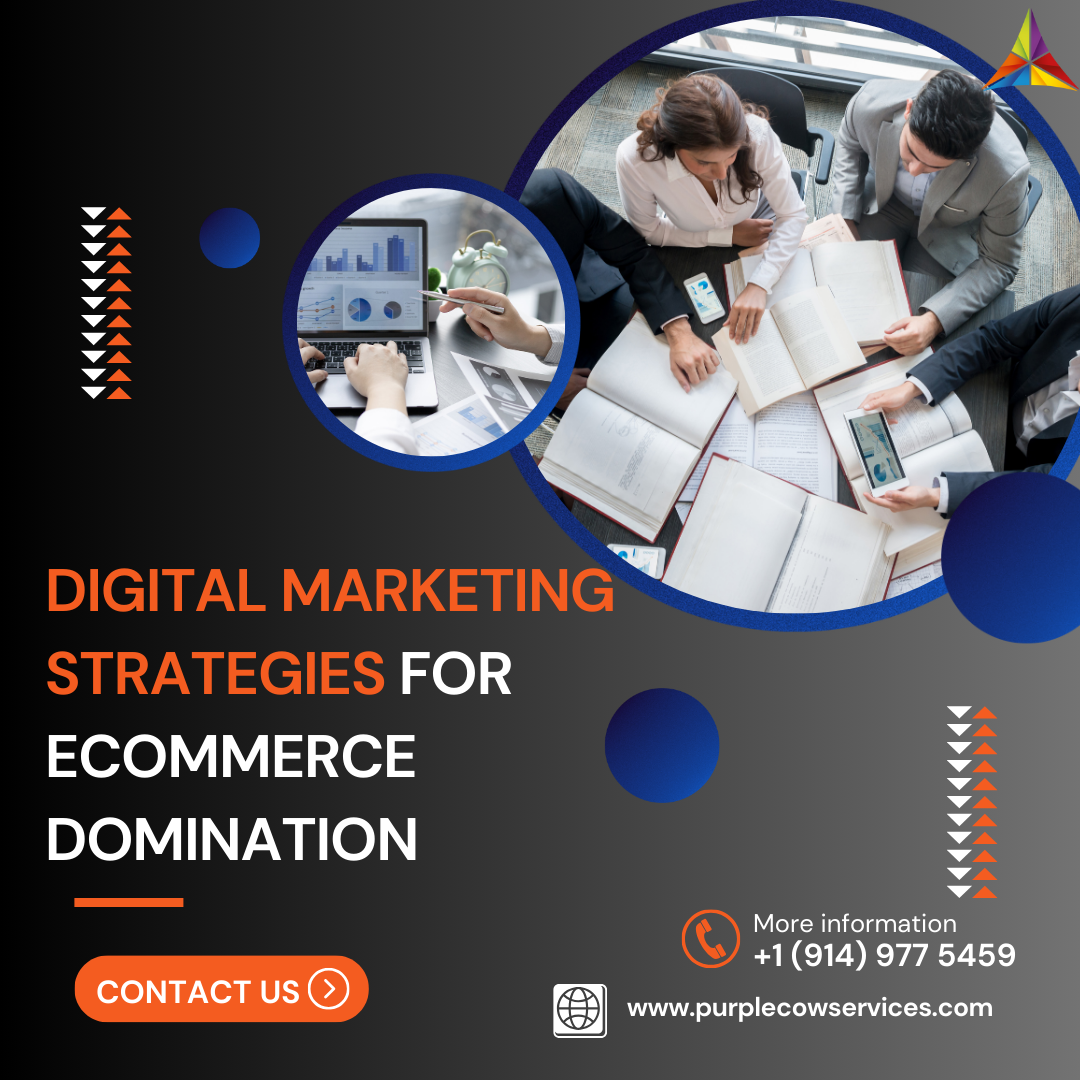In an increasingly digital world, the future of eCommerce has never been more vital. As more businesses pivot to online selling, staying ahead of the competition becomes paramount.
Share This Story, Choose Your Platform!
To secure that edge, keeping abreast of current and future eCommerce trends is the key. In this article, we’ll delve into upcoming eCommerce trends and explore how businesses can leverage these trends to stay ahead. Whether you’re an eCommerce veteran or a newcomer, this guide is your compass to navigate the exciting future of online retail.
The eCommerce Landscape
Before we explore the future, let’s grasp the present state of eCommerce:
Rising eCommerce Share: eCommerce’s share of retail sales continues to grow. It’s projected to reach 20.8% of global retail sales by 2023, rising to 24% by 2026.
Expanding E-Retailers: The world hosts 12 to 24 million e-retail stores, with roughly 205 million daily online shoppers.
With this growth, eCommerce is a dynamic field, and keeping pace with emerging trends is vital for success.
Future-Proofing Your eCommerce Business
Here are the trends shaping the future of eCommerce:
Automated Shipping for Speedy Delivery: Automated shipping leverages technology and robotics to streamline shipping processes, including inventory management and labeling. This innovation enhances logistics efficiency, offering several benefits:
Faster Deliveries: Automation speeds up order processing and shipping, improving customer satisfaction.
Cost Efficiency: Reduced manpower lowers operational costs.
Error Reduction: Automation ensures precise data management, minimizing errors.
Scalability: Streamlined data supports accurate business growth planning.
Personalized Payments and Online Checkout
Enhancing the payment and checkout experience is essential for eCommerce success. Personalization here can boost customer satisfaction, loyalty, and revenue:
Personalized Payment Options:
Multiple Payment Methods: Offer diverse payment options to cater to customer preferences.
Payment Plans: Provide customizable payment plans to ease purchases.
Discounts: Attract and retain customers with personalized discounts linked to specific payment choices.
Personalized Online Checkout:
Guest Checkout: Simplify the process by offering guest checkout.
Custom Forms: Collect additional order information.
Upsell Opportunities: Suggest complementary products.
Segment-Specific Checkout: Tailor the experience based on customer segments.
Voice Search and Voice Shopping
Voice search technology has evolved significantly, making product searches more accessible and faster. Voice assistants like Alexa and Google Assistant enable voice-driven purchases, particularly appealing to busy consumers.
Streamlined Product Searches: Voice search simplifies finding products.
Enhanced Customer Experience: Faster, more convenient shopping.
Improved Traffic: Optimized for voice search rankings.
Competitive Advantage: Stands out in the market.
Artificial Intelligence (AI) in eCommerce
AI offers numerous solutions, including chatbots, visual search, and augmented reality. Examples include:
Personalized Communication: AI-driven recommendations enhance customer engagement.
Chatbots: AI chatbots provide customer assistance and gather data.
Visualize Purchases: Augmented reality allows customers to preview products.
Machine Learning: Automates tasks and offers personalized experiences.
Fraud Detection: Identifies and prevents fraudulent activities.
Headless ECommerce Architecture
Headless eCommerce decouples the front-end and back-end, allowing seamless integration with various independent applications. It offers:
Integration Flexibility: Easily integrate applications for specific tasks.
Independent Front-End Updates: Modify user interfaces without disrupting back-end operations.
Scalability: Efficiently scales as your business grows.
Mobile Commerce (M-Commerce)
M-commerce, shopping via mobile devices, is projected to account for 42.9% of eCommerce sales by 2024. Optimizing for mobile is essential:
Convenience: Shoppers can buy from anywhere at any time.
Mobile Payment Options: Provide ease of payment on mobile devices.
Mobile Apps: Enhance the shopping experience on smartphones and tablets.
User-Generated Content (UGC)
UGC, such as reviews and social media posts, plays a crucial role in eCommerce:
Social Proof: Builds trust and credibility.
Engagement: Fosters a sense of community around your brand.
Insights: Gains valuable customer feedback and preferences.
Improved SEO: Enhances search engine rankings.
Omnichannel Retail in ECommerce
Omnichannel retail integrates various sales channels and touchpoints to provide a consistent brand experience. Benefits include:
Targeted Marketing: Tailor marketing messages and promotions.
Customer Behavior Insights: Track preferences across channels.
Convenience: Offer a seamless shopping experience.
Subscription Models and Multi-Vendor Marketplaces
Subscription models offer customers regular deliveries at discounted rates. Multi-vendor marketplaces allow multiple sellers to offer products through a single platform:
Recurring Revenue: Benefit from subscription models and customer loyalty.
Wide Product Selection: Attract customers with a variety of offerings.
Cost Efficiency: Reduce resource requirements with multi-vendor marketplaces.
In this rapidly evolving eCommerce landscape, adapting to these trends can give your business a competitive edge. Embrace change, stay agile, and anticipate the needs and preferences of your target audience to thrive in the future of eCommerce.
Closing Thoughts
As the digital world continues to evolve, so does the eCommerce landscape. Staying ahead of these emerging trends is not just a strategy; it’s a necessity for businesses seeking long-term success. Whether you’re a seasoned eCommerce veteran or just starting out, adapting to these trends will be critical to your growth and sustainability.
Remember, eCommerce is not a static industry. It’s dynamic, ever-changing, and driven by consumer preferences and technological advancements. To thrive in this environment, be open to innovation, invest in the right technology, and prioritize a seamless shopping experience for your customers.
The future of eCommerce promises exciting opportunities, and those who embrace these trends are well-positioned to meet the evolving needs of their audience, outperform competitors, and build lasting success in the digital marketplace.
In conclusion, the future of eCommerce is filled with promise and potential. By staying informed, embracing innovation, and catering to the desires of your customers, you can navigate this evolving landscape with confidence and create a prosperous eCommerce business for years to come.
Unlock the Future of eCommerce with Purple Cow. Elevate your online business with cutting-edge strategies and trend insights. Our expert guidance ensures you stay ahead in this dynamic digital landscape. Thrive in the evolving eCommerce realm, from personalized experiences to AI-driven eCommerce solutions. Embrace the future, partner with Purple Cow, and lead the way in online retail success.
Share This Story, Choose Your Platform!
In This Blog:
- The eCommerce Landscape
- Future-Proofing Your eCommerce Business
- Personalized Payments and Online Checkout
- Voice Search and Voice Shopping
- Artificial Intelligence (AI) in eCommerce
- Headless ECommerce Architecture
- Mobile Commerce (M-Commerce)
- User-Generated Content (UGC)
- Omnichannel Retail in ECommerce
- Subscription Models and Multi-Vendor Marketplaces
- Closing Thoughts


